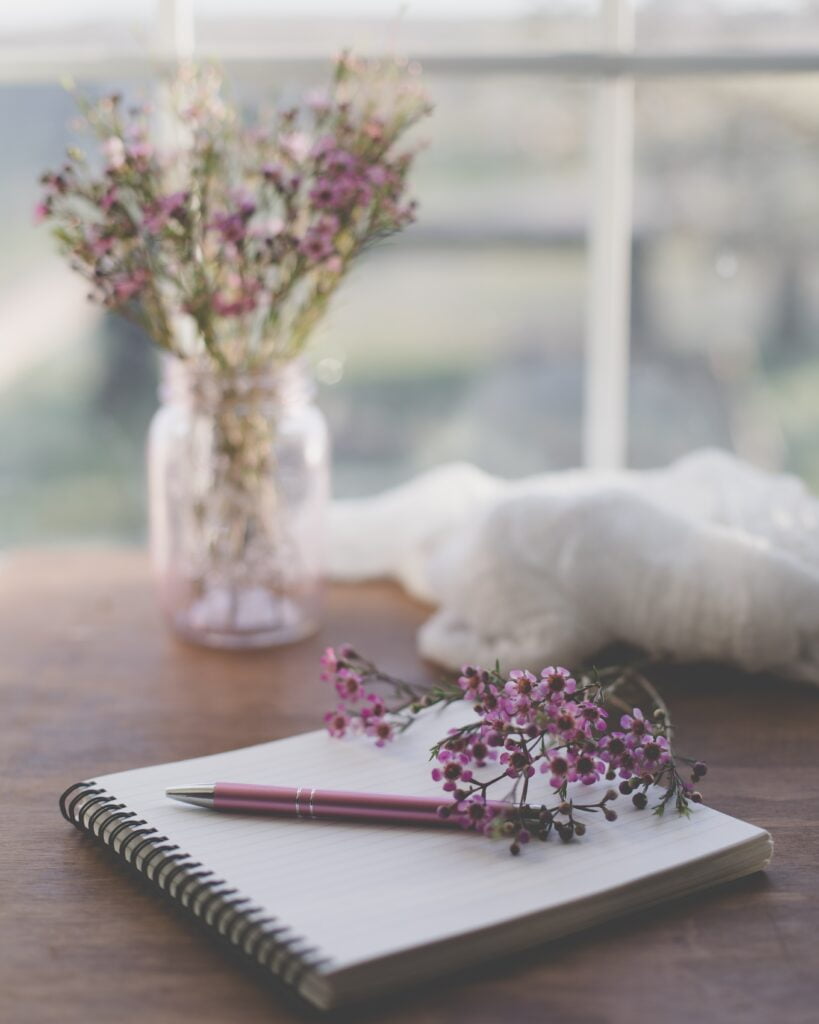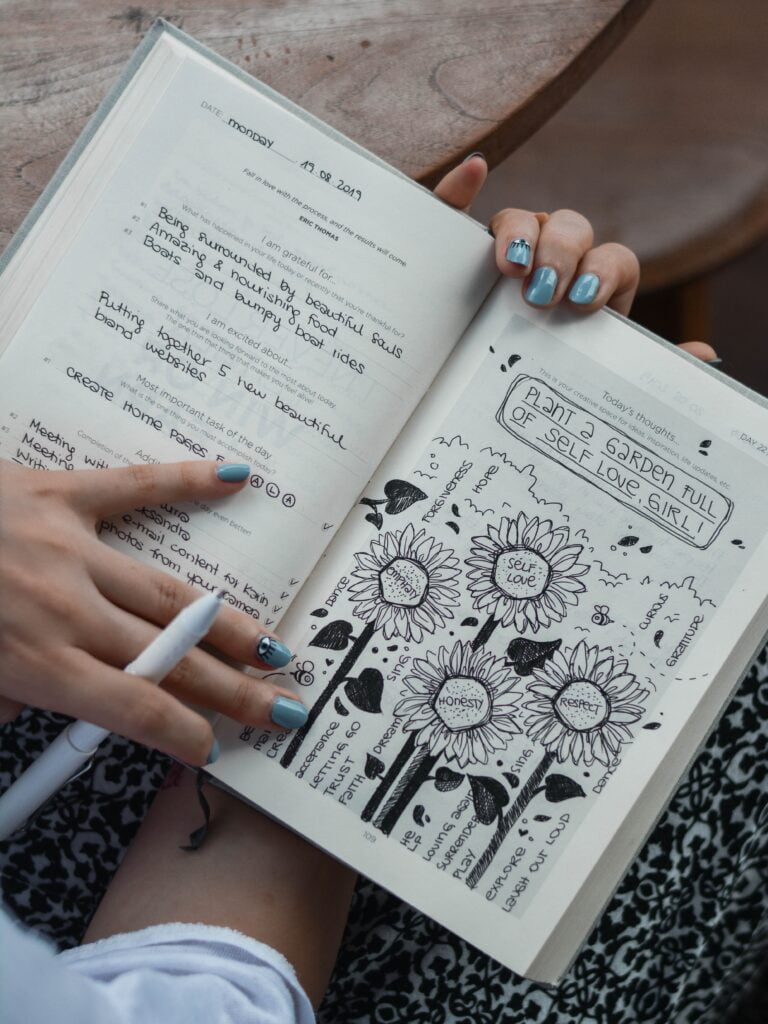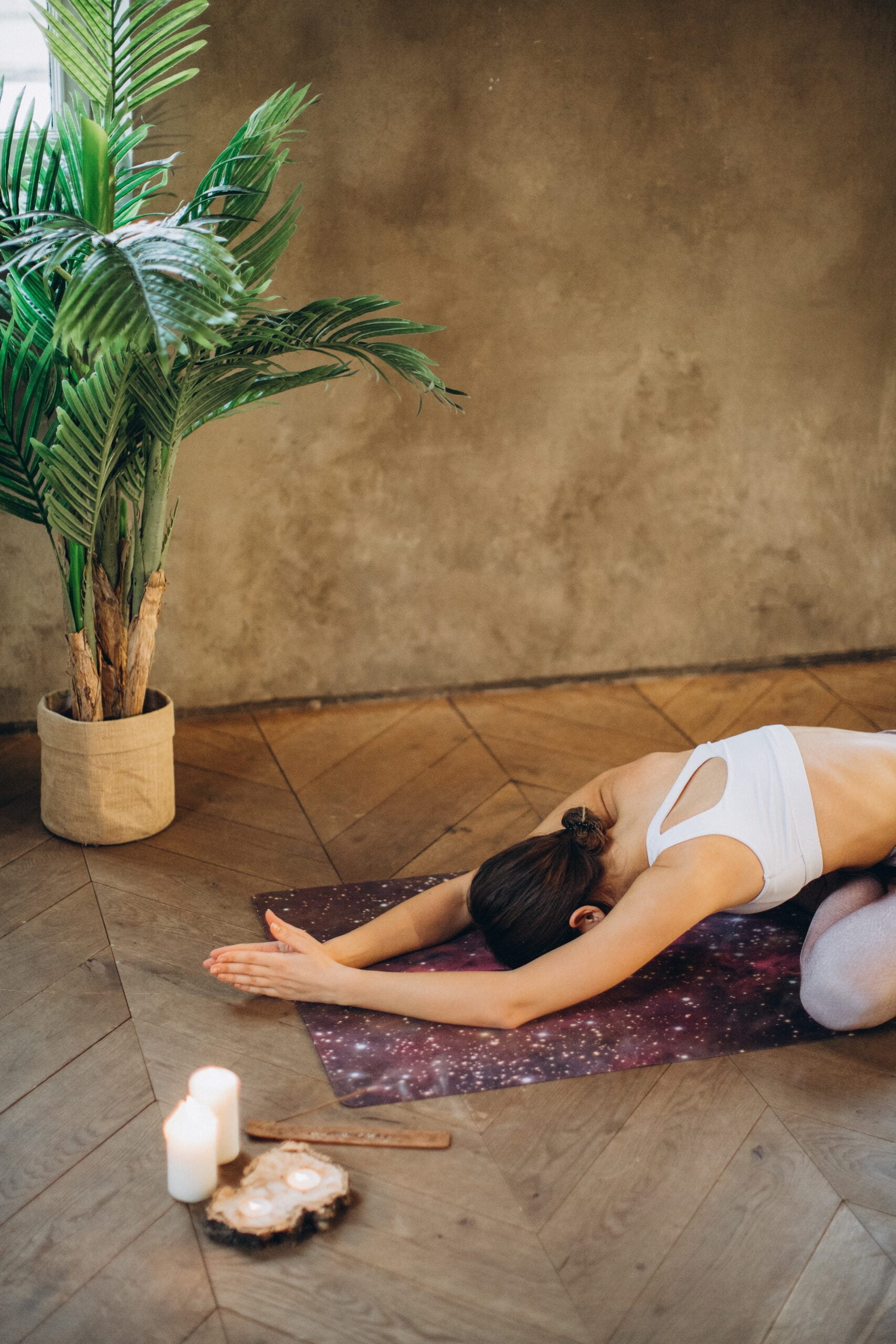Have you ever wondered how a simple practice of putting pen to paper (or fingers to keyboard) can have a profound impact on your well-being? But journaling is so much more than that. It’s a powerful tool that allows you to explore your thoughts, emotions, dreams, and desires. Journaling is a safe space for you to pour out your heart, gain clarity, and gain a deeper understanding of yourself. It’s important to learn how to start journaling because it’s all about finding your own authentic voice and letting it flow onto the pages. And the best part? You don’t need to be an experienced writer or have perfect grammar.
We’ll explore the basics, set the right environment, choose the journaling style that resonates with you, overcome any blocks that might arise, and even delve into creative prompts and ideas to keep your journaling journey exciting.
Get ready to embark on a transformative adventure that can reduce stress, foster self-discovery, and bring a sense of clarity to your everyday life. Trust me, once you start journaling, you’ll wonder how you ever went without it. So, let’s get started and unlock the magic of journaling together. Happy journaling, my friends!

Understanding the Basics of Journaling
Before we dive into the nitty-gritty details of how to start journaling, let’s get a clear understanding of what journaling is all about. Journaling is a personal practice of putting your thoughts, emotions, experiences, and ideas onto paper or into a digital format. It’s a private space where you can freely express yourself without fear of judgment or criticism.
Now, there’s no one-size-fits-all approach to journaling. It can take many forms, depending on your preferences and goals. Some people find solace in gratitude journaling, where they jot down things they’re thankful for each day. Others use reflection journaling to explore their thoughts and emotions, or creative journaling to unleash their inner artist. The beauty of journaling is that it’s highly customizable and adaptable to your unique needs and interests.

Setting the Right Environment
Creating the right environment for journaling can significantly enhance your experience. Find a quiet and comfortable space where you can focus without distractions. It could be a cozy nook in your home, a serene spot in nature, or even a favorite coffee shop. Consider the ambiance too. Soft lighting, calming scents, and soothing music can help create a relaxing atmosphere that promotes introspection and creativity.
Think of journaling as a ritual, and a sacred act of self-care. Set aside dedicated time each day or week to honor this practice. Treat yourself to a warm cup of tea, light a scented candle, or play gentle background music to signal to your mind and body that it’s time to dive into the journaling journey.
Choosing the Right Journaling Style
Now, let’s talk about journaling styles. There are endless possibilities when it comes to the way you approach journaling. Some people enjoy free writing, where they let their thoughts flow without any specific prompts or structure. This stream-of-consciousness style can be incredibly cathartic and insightful.
If you prefer a more guided approach, then journaling prompts can be your best friend. Prompts are thought-provoking questions or statements that inspire you to explore specific themes or aspects of your life. They can range from simple prompts like “What made you smile today?” to deeper introspective questions like “What are your biggest dreams and aspirations?”
Structured formats can also be helpful if you crave organization and direction. You can create sections for different areas of your life, such as work, relationships, personal growth, or health. This allows you to focus on specific aspects of your life and track progress over time.
Remember, there are no right or wrong ways to journal. Experiment with different styles and find what resonates with you. You can even mix and match approaches to keep your practice engaging and varied.

Overcoming Journaling Blocks
It’s common to encounter blocks or obstacles when starting a journaling practice. The key is to recognize and overcome them. One of the most common hurdles is finding the time to journal. Life can get busy, and it’s easy to put self-care practices on the back burner. However, carving out even a few minutes each day for journaling can make a world of difference. Consider it a gift to yourself, a moment of reflection and introspection amidst the busyness of life.
Another block that often arises is self-doubt. You may worry about your writing skills, compare yourself to others, or fear that your thoughts aren’t “good enough.” Remember, journaling is a personal practice, and it’s not about perfection or impressing others. Embrace imperfections, and let go of judgment. Your journal is a judgment-free zone where you can freely express yourself without limitations.

How to Start: Journaling Prompts and Ideas
Sometimes, getting started is the hardest part. To kickstart your journaling journey, here are some prompts and ideas to inspire you:
- Reflect on your favorite childhood memories and what made them special.
- Write a letter to your future self, envisioning where you want to be in five years.
- Explore your fears and brainstorm ways to overcome them.
- Describe three things you’re grateful for today and why they bring you joy.
- Write about a recent challenge you faced and how it helped you grow.
- List your personal values and how you can align your life with them.
- Create a collage or visual journal page that represents your dreams and aspirations.
- Write a love letter to yourself, celebrating your strengths and unique qualities.
- Describe a place that brings you peace and tranquility, and why it resonates with you.
- Make a bucket list of experiences and adventures you want to pursue
Harnessing the Benefits of Journaling
Now that you’re on your way to embracing journaling as a regular practice, let’s explore the amazing benefits it can bring to your life. Journaling can be a powerful tool for stress reduction, as it allows you to release pent-up emotions, worries, and anxieties onto the pages. It’s a form of self-care that promotes emotional well-being and provides a sense of relief.
Through journaling, you gain a deeper understanding of yourself, your patterns, and your values. It’s a journey of self-discovery where you can uncover hidden insights, explore your desires and passions, and gain clarity on what truly matters to you.
Journaling also serves as a valuable record of your personal growth and transformation. As you flip through the pages of your journal, you’ll witness the progress you’ve made, the challenges you’ve overcome, and the lessons you’ve learned. It becomes a tangible reminder of your resilience and inner strength.
Integrating Journaling into Daily Life
To make journaling a sustainable habit, it’s essential to integrate it into your daily life. Here are some practical tips to help you stay consistent:
- Set reminders: Use alarms or calendar notifications to remind yourself to journal at a specific time each day.
- Make it a morning or evening ritual: Incorporate journaling into your morning or evening routine to establish a consistent practice.
- Create accountability: Find a journaling buddy or join an online community where you can share your journaling experiences and support each other.
- Use journaling prompts: Keep a list of prompts handy for those times when you need a little inspiration or guidance.
- Be flexible: Life can be unpredictable, and it’s okay if you miss a day or two. Adapt your journaling practice to fit your changing schedule and circumstances.

Final Thoughts
Congratulations on learning how to start journaling! You’ve taken the first step towards an incredible journey of self-discovery and personal growth. Remember, journaling is a deeply personal practice, and there’s no right or wrong way to do it. Embrace the process, be kind to yourself, and let your journal be a safe haven for your thoughts, dreams, and emotions.
As you embark on this journaling adventure, trust that your words hold power. Each stroke of the pen or keystroke brings you closer to a deeper understanding of yourself, unlocks your creativity, and allows you to navigate life’s ups and downs with grace and resilience.










